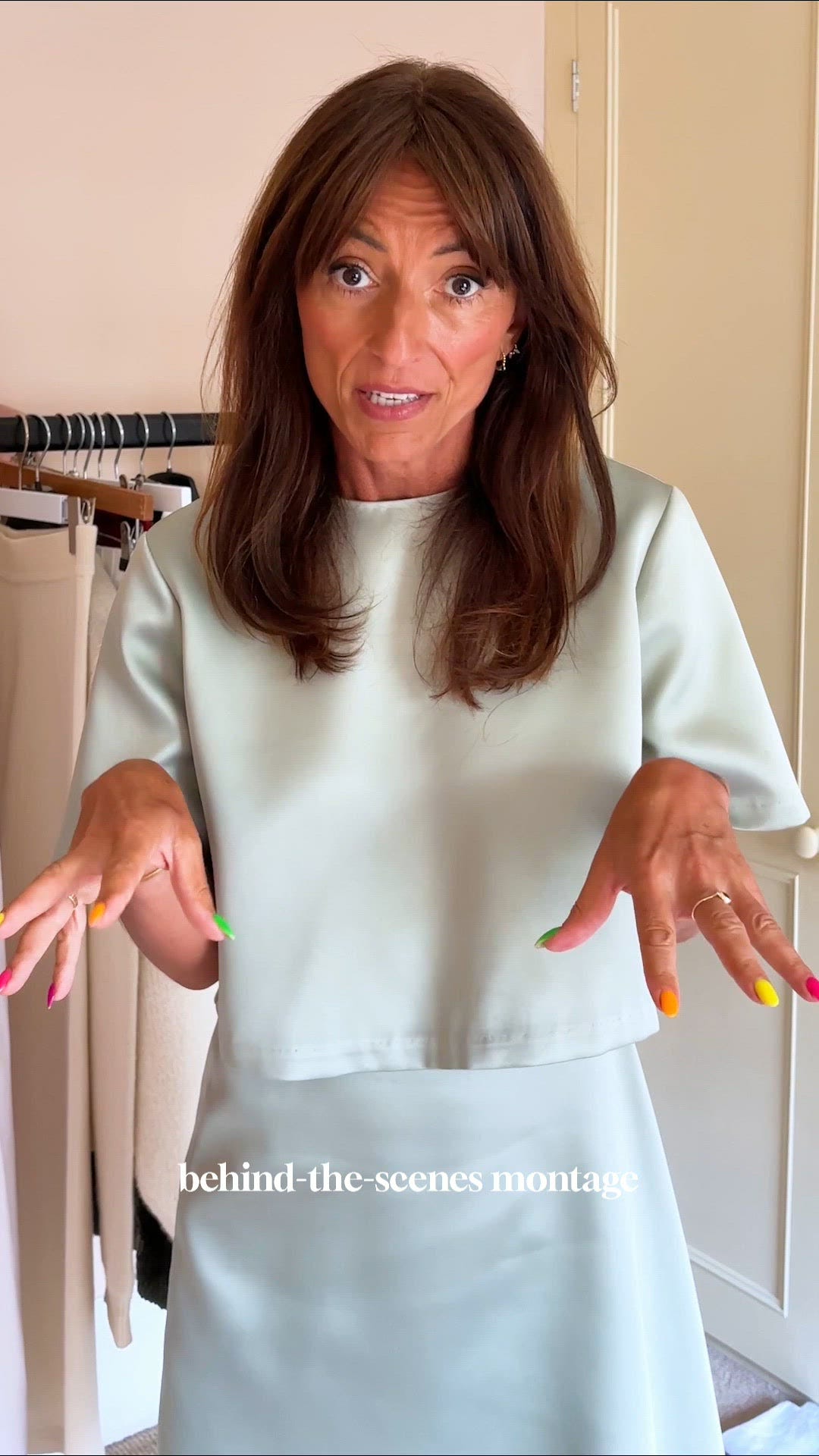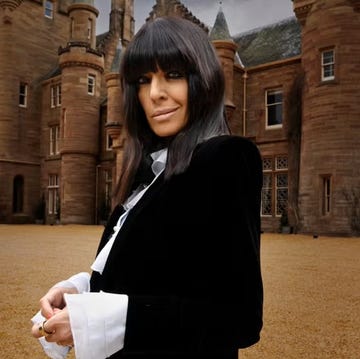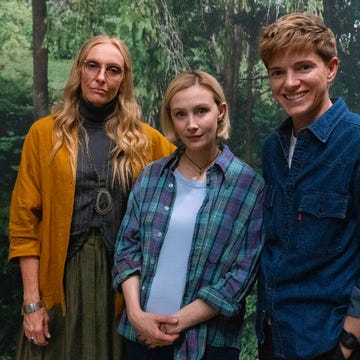She’s the professional organiser known for decluttering homes across the country, but where does Dilly Carter’s passion for sorting stuff out come from? In an exclusive interview in Good Housekeeping’s March issue, Dilly opened up about the real reason possessions don’t matter to her - and the truth behind it might surprise you.
The Sort Your Life Out expert explained that the reason for her ‘tough love’ approach to organising goes all the way back to her childhood. Dilly was born in Sri Lanka and adopted by an English mother and a Sri Lankan father in 1983.
“I’m tough. But people need tough love. I spent the first three years of my life in an orphanage [in Sri Lanka], so I don’t feel emotional attachments to things. I had no one, so people matter to me, not possessions," she says.
What to read next
“Nothing is irreplaceable. But also, I’m the first one to cry. I get emotional because I can empathise. I’ve been through so much in my life. I understand where people are coming from, how they’ve ended up living that way, and I know how to help them out of it.”
Dilly’s father, Deya, was a chartered accountant and her mother, Freda, his secretary – and they worked extremely hard. "We lived in a semi-detached house on a lovely cul-de-sac, and I never wanted for anything," says Dilly.
"But my parents weren’t around, and didn’t pay any attention to the house. From a very young age, I was always scurrying around, cleaning and tidying."
When Dilly was 11, her mum had a breakdown. "I remember walking into the house after school, and four doctors were holding my mum down because she was having a psychotic episode," she says. "She was sectioned maybe 10 times over the next 10 years."
Freda was later diagnosed with bipolar disorder, but not until Dilly was in her 20s. When Dilly’s father died, she moved to a house with an annexe so that Freda could live with them, before later moving her to a care home. While it was a difficult decision for Dilly to make, she’s now confident it was the right one.
"Now she’s surrounded by people and doing lovely things, which she tells me about when I visit," explains Dilly. "Weirdly, I feel closer to her now than when she lived with us, because I’m not rushing around doing her washing and cleaning."
Read the full interview in Good Housekeeping’s March issue on sale now.
To find out more about Dilly’s decluttering business, Declutter Dollies, or to sign up for courses, visit declutterdollies.com.















